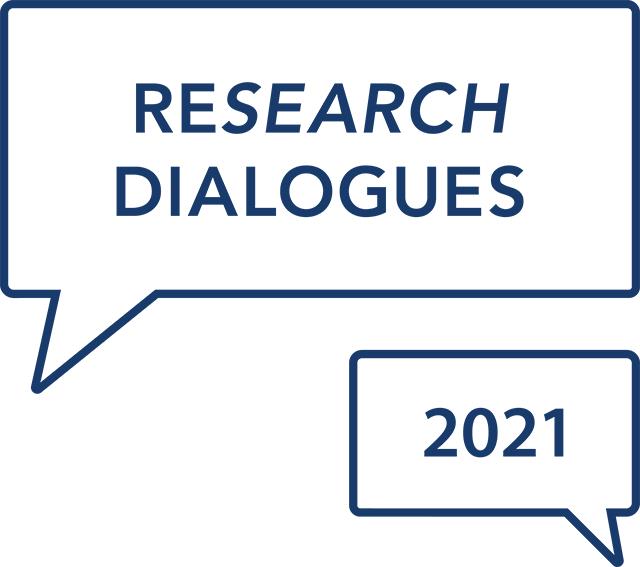Loading...
Start Date
12-4-2021 10:00 AM
End Date
12-4-2021 10:00 AM
Publisher
University of Tennessee at Chattanooga
Place of Publication
Chattanooga (Tenn.)
Abstract
The demands of college have come to be synonymous with stress for many students, with stress generally being related to academic success (Fraizer et al., 2019; Mirsa & Castillo, 2004). The current global pandemic and associated instructional shifts has provided an additional source of stress for students (Elasem et al., 2020; Pan, 2020). This stress can make it more challenging for students to meet academic goals (Carver & Scheier, 1990; Ferrari & Scher, 2000) and can inhibit engagement in self-care behaviors (Ingram et al., 2020). Some evidence suggests that not all students react to stress the same way, (Larson et al., 2016) and individual difference factors like resilience (Frederickson et al., 2003) and need for cognition (Fleishchhaur et al., 2010; Steinhart & Wyer, 2009) may impact this stress reaction as well as academic and self-care behaviors. The ability to successfully execute academic goals is known to lead to positive academic outcomes (Acee et al., 2012; Morisano et al., 2010), while unfulfilled goals may lead to increased stress (Martin & Tesser, 1996). Connections have been drawn in the previous literature between self-care behaviors and academic outcomes, resilience and stress (Huesman et al., 2009; Larson et al., 2016; Wunsch et al., 2017). However, self-care goal completion has to be studied in the same context as academic goal completion. In the proposed study, I will investigate undergraduate students’ completion of self-set academic and self-care goals in a naturalistic setting over a five-day period. Further, I will examine the relationship between goal completion, perceived stress, resilience, and need for cognition. This work has applied implications in secondary education institutions to establish trainings and campaigns for resilience, self-care, and stress management.
Date
4-12-2021
Document Type
presentations
Language
English
Rights
http://rightsstatements.org/vocab/InC/1.0/
License
http://creativecommons.org/licenses/by/4.0/
Recommended Citation
Wells, Stephanie; Kruck, Angela; George, Stephanie; Catlett, Avery; Jackson, McKinley; Culver, Samuel; Wiley, Luke; and Shelton, Jill Talley, "When the Goal is to Be Less Stressed: The Effects of Resilience and Need for Cognition on Completion of Academic and Self-Care Goals". ReSEARCH Dialogues Conference proceedings. https://scholar.utc.edu/research-dialogues/2021/presentations/8.
When the Goal is to Be Less Stressed: The Effects of Resilience and Need for Cognition on Completion of Academic and Self-Care Goals
The demands of college have come to be synonymous with stress for many students, with stress generally being related to academic success (Fraizer et al., 2019; Mirsa & Castillo, 2004). The current global pandemic and associated instructional shifts has provided an additional source of stress for students (Elasem et al., 2020; Pan, 2020). This stress can make it more challenging for students to meet academic goals (Carver & Scheier, 1990; Ferrari & Scher, 2000) and can inhibit engagement in self-care behaviors (Ingram et al., 2020). Some evidence suggests that not all students react to stress the same way, (Larson et al., 2016) and individual difference factors like resilience (Frederickson et al., 2003) and need for cognition (Fleishchhaur et al., 2010; Steinhart & Wyer, 2009) may impact this stress reaction as well as academic and self-care behaviors. The ability to successfully execute academic goals is known to lead to positive academic outcomes (Acee et al., 2012; Morisano et al., 2010), while unfulfilled goals may lead to increased stress (Martin & Tesser, 1996). Connections have been drawn in the previous literature between self-care behaviors and academic outcomes, resilience and stress (Huesman et al., 2009; Larson et al., 2016; Wunsch et al., 2017). However, self-care goal completion has to be studied in the same context as academic goal completion. In the proposed study, I will investigate undergraduate students’ completion of self-set academic and self-care goals in a naturalistic setting over a five-day period. Further, I will examine the relationship between goal completion, perceived stress, resilience, and need for cognition. This work has applied implications in secondary education institutions to establish trainings and campaigns for resilience, self-care, and stress management.
